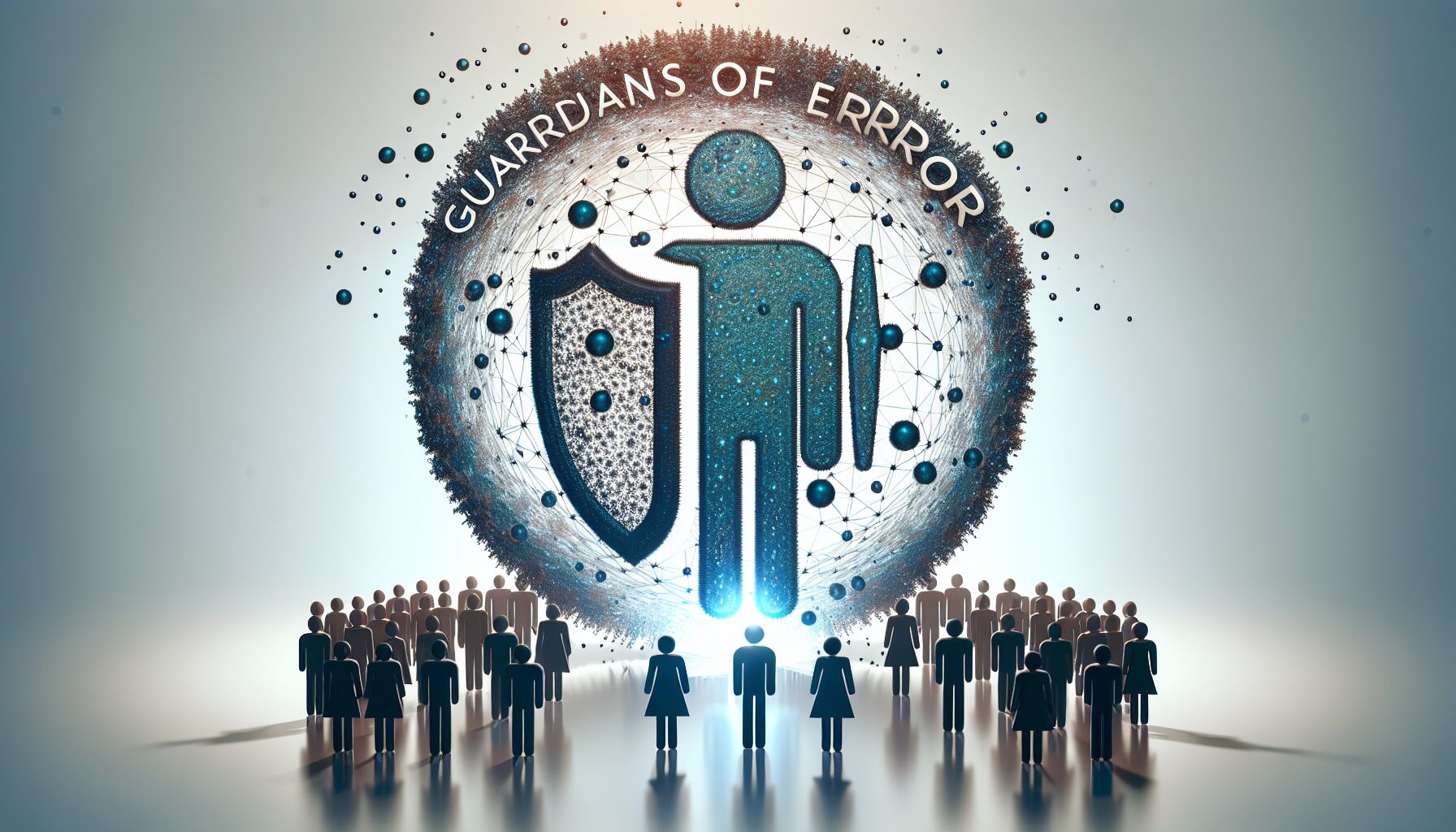Guardians of Error: How Loyalty Sustains Harm
Loyalty, often deemed a virtue, can paradoxically become an instrument of harm. In myriad contexts from small communities to large corporations, loyalty acts as a double-edged sword, preserving unity but sometimes perpetuating mistakes or unethical practices.
The Dual Nature of Loyalty
Loyalty binds individuals to causes, people, or institutions, fostering trust and solidarity. However, when misplaced or overly rigid, it can hinder progress and perpetuate detrimental behaviors. James Surowiecki, in a New Yorker article, once noted, “Loyalty leads to collective overconfidence, which can make organizations blind to their own flaws.” The loyalty that aims to protect can, inadvertently, guard errors and stagnation.
“Loyalty itself is a virtue, but when it makes you blind to the truth, it becomes counterproductive.”
When Loyalty Breeds Silence
One of the most insidious ways loyalty can cause harm is by fostering an environment where dissent is discouraged. In organizations, for instance, employees might refrain from speaking out against unethical practices or poor decisions to protect their allegiance to the company or their colleagues. A culture of silence emerges, creating a fertile ground for mistakes to thrive unchecked.
Furthermore, in tightly knit communities, loyalty can contribute to a “see no evil, hear no evil” mentality. Here, turning a blind eye to wrongdoing becomes an act of allegiance. Psychologist Stanley Milgram famously highlighted, “Obedience to authority, when coupled with loyalty, can lead to actions contrary to personal morals.”
The Impact on Innovation
While loyalty binds, it can also restrain. In sectors where innovation is crucial, such as technology or healthcare, an unwavering commitment to existing practices can stifle creativity and adaptability. A 2018 study published in the Journal of Personality and Social Psychology revealed that teams with excessively strong loyalty bonds were less likely to question or revise outdated practices, impeding improvement and innovation.
Rethinking Loyalty
Emphasizing loyalty does not have to come at the expense of progress. It requires striking a balance—a loyalty that questions and supports informed by moral courage. Encouraging open dialogue, valuing dissent, and maintaining flexibility can transform loyalty from a guardian of error into a path to improvement.
Ultimately, loyalty’s true strength lies not in shielding errors but in fostering environments where truth and ethical practices prevail. This shift requires individuals and organizations to recognize when loyalties are misaligned and have the courage to address them, promoting growth and sustaining integrity.
